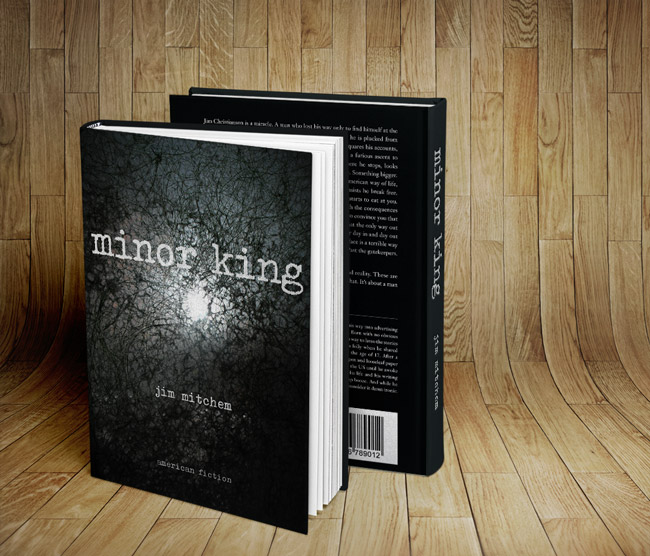Tonight I read Edward Boches‘s post “10 Rules for Modern Collaboration.” You should too. Click here and read it, and then come back. I’ll wait.
…
If you came back, thanks. You may have seen my comment there, but if not, I wanted to share it here. I like Edward’s post very much and think he may be one of the smartest people in the business of mass mobilization, or, as it’s more commonly referred to, advertising. Edward’s been around a while, done some amazing work and has seen (and spearheaded) important changes to the business. So when he talks about strategies for effective mass mobilization in today’s business environment, you listen. He’s no dummy.
Anyway, his post made me write this:
Advertising used to be an individual appeal. A one-way conversation from a brand, to the mind of a target person. Favorable action occurred when the person did what the brand wanted them to do. Namely, buy a product, service or even idea (politics.) The way advertising agencies were structured were efficient enough in solving advertising problems. AEs would write briefs, and then an art director and copywriter team would go off and brainstorm. Throw in some focus group research, and that’s all they needed to come back with the level of work, and results, that clients expected. Everyone was happy.
The reason your formula works is because of how digital media has opened up the UX to allow for open (2-way) conversation. To apply yesterday’s problem-solving model to how we communicate today doesn’t even make sense*. Of course you collaborate. Of course you open the room up to everyone. Everyone’s a potential target now – and they want to contribute to the conversations. The days of a individuals hammering out solutions alone in agony doesn’t work for today’s wide-open dialogue environment.
“When you try to formalize or socialize creative activity, the only sure result is commercial constipation . . . . The good ideas are all hammered out in agony by individuals, not spewed out by groups.” – Charles Browder (1957), president of BBDO
The days of Don Draper are dead. And I’m not complaining.
* Note, this is not to say that core concepts are not best created by people who think like copywriters (who think like a person who is alone in the shower.)
***


addieking
Jan 9, 2011
I think it’s interesting when clients still want to approach advertising from the point of control. Some of them fear social media because they are afraid they will not be able to control what happens. Sadly, they don’t realize that it happens with or without out them so the best they can do for themselves and their brand is join in the conversation and help steer/guide it along.